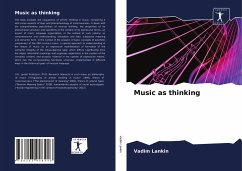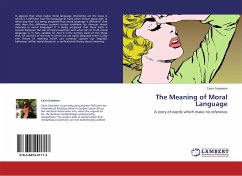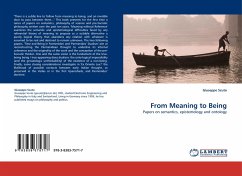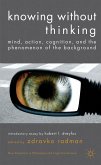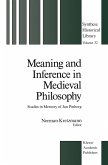The book analyzes the uniqueness of artistic thinking in music, comparing it with some aspects of logic and phenomenology of consciousness. It deals with the comprehending possibilities of musical thinking, the properties of its phenomenal structure and specificity of the content of its expressive forms, an aspect of music language organization, in the context of such notions as comprehension and understanding, intonation and idea, subjective meaning and semantic form. In the context of the analysis of basic concepts of aesthetic uniqueness of the 20th century music, a special approach to understanding of the nature of music as an expressive manifestation of formation of the semantic integrity of the intrasubjective type, which differs significantly from the object referential meanings and organizes experience in the system of the semantic content, and acoustic material in the system of expressive means, which has the corresponding functional structure, implemented in different ways in the historical types of musical language.
Bitte wählen Sie Ihr Anliegen aus.
Rechnungen
Retourenschein anfordern
Bestellstatus
Storno

